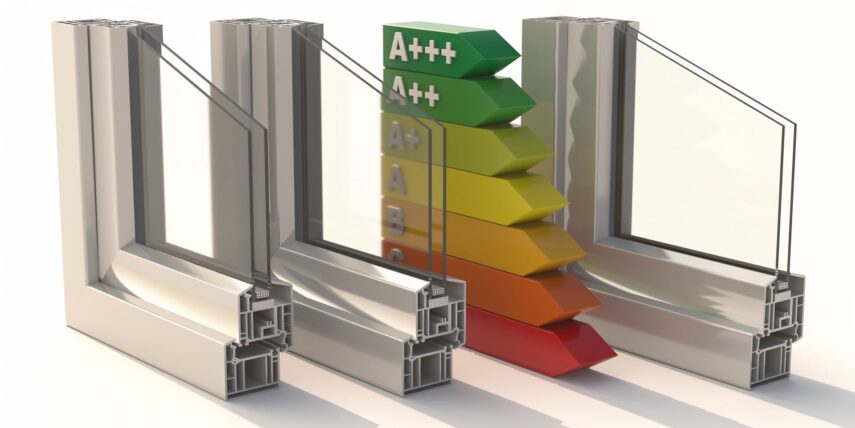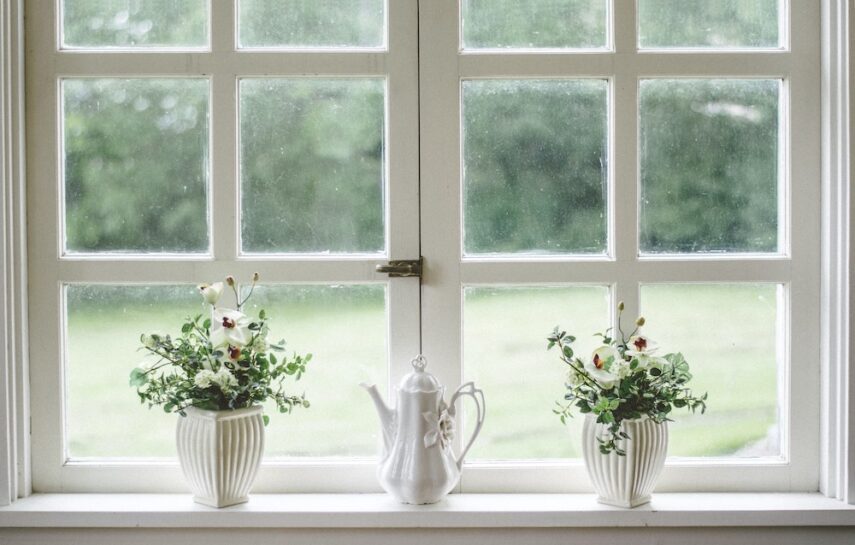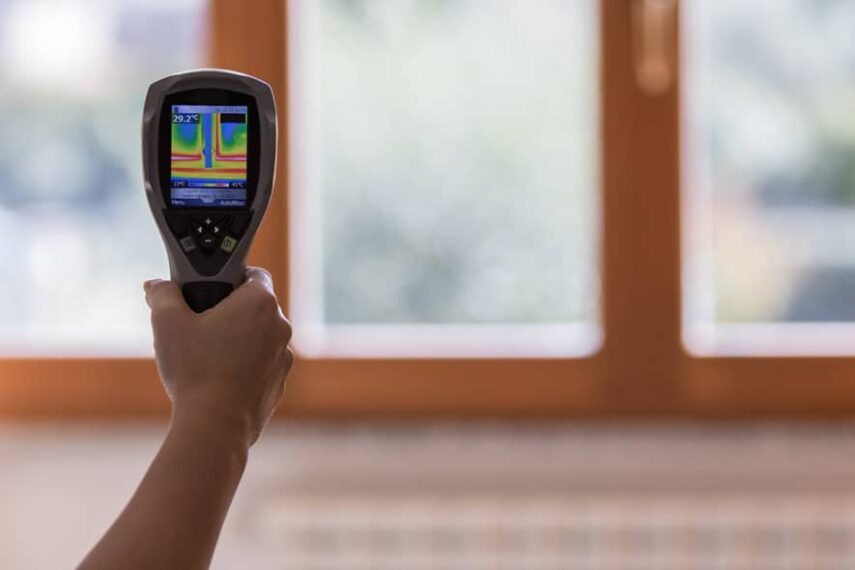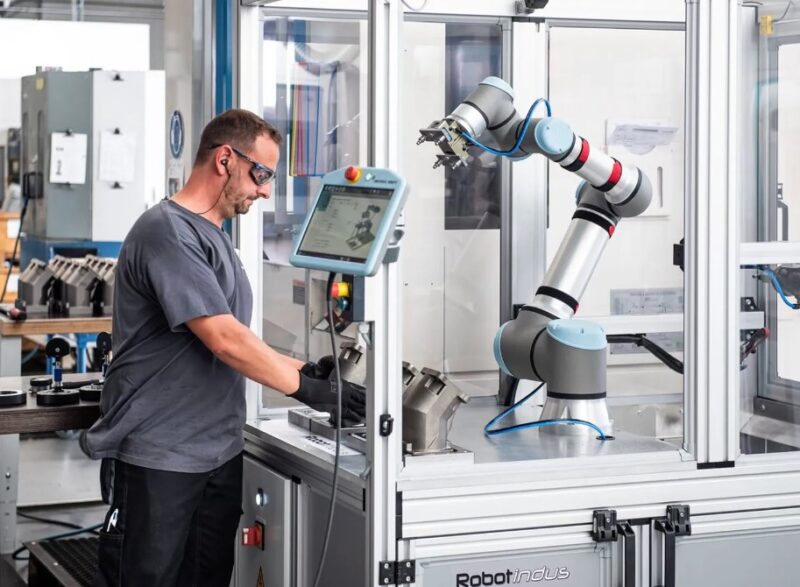Poorly constructed or insulated windows can lead to 20-30% heat loss in the average home. But what’s with all the hype behind energy-efficient windows? Can they really make up for that loss and lower heating and cooling costs?
In short, the answer is yes—energy efficient windows are definitely an investment that pays off. However, there can be some exceptions to this. Here’s what you need to know:
What Are Energy-Efficient Windows?

Energy-efficient windows are windows designed with insulation and reduced energy use in mind. Increased insulation means that energy-efficient windows allow less heating and cooling from inside the home to escape and less cold or hot air from outside the house to seep inside.
Additionally, energy-efficient windows come with a variety of other benefits. For one, they reduce the amount of heat that enters and leaves your home, meaning you’ll need to use less energy throughout the year. They are also designed with specialized coatings on the glass which reflect sunlight away from the interior of your home, helping to keep it cooler in hot summer months.
However, energy-efficient windows can be bad for a few reasons. First, they tend to not provide enough ventilation, so the air quality in your home can suffer as a result. Secondly, due to their design and materials used, these types of windows often have poor insulation capabilities. This means that during colder months, you might find that your home does not stay as warm as it should. Then, during hotter months, the heat may be able to get in more easily. Additionally, energy efficient windows are often made of plastic or other synthetic materials, which can have a negative environmental impact due to their non-biodegradable nature.
According to the U.S. Department of Energy, energy efficient windows can reduce heating and cooling costs by up to 25%. This means that in the long run, homeowners who invest in energy efficient windows are likely to reap more savings in energy expenses over time than those with standard windows. This investment means your return on investment won’t happen right away, but years down the road.
How Do Energy-Efficient Windows Save You Money?

Older homes lack the energy efficiency of newer homes. Older windows play a large factor in contributing to energy loss. Older windows do not utilize newer insulation methods and allow for rapid heat and cooling loss. Newer window technology and insulation methods can even improve upon relatively new homes.
When it comes to purchasing energy efficient windows, experts from Architectural Digest indicate that there are a few different options that you’ll need to take into consideration. For starters, you can choose from a variety of frame materials including wood, fiberglass and vinyl. Additionally, window glazing is also important for energy efficiency; opt for double or triple paned windows with low-emissivity (low-E) coatings. The average cost of energy efficient windows can vary greatly depending on the type and size of window that needs to be replaced. The exact cost will depend on the quality of material, labor costs, and any additional features like special coatings or insulation.
Generally speaking, you can expect to pay anywhere from $200 to over $1000 per window for high-efficiency models. Energy efficient windows are designed to help reduce energy costs, so they usually pay for themselves in energy savings over the long run. If you plan on replacing more than one window, it’s a good idea to look into discount packages or installation specials that can help bring down the overall cost.
How Is Energy-Efficiency Measured?

Energy-efficiency of windows is measured using five criteria: U-factor, air leakage, solar heat gain coefficient, condensation resistance, and visible transmittance. Together these factors can determine just how energy efficient a window is.
U-Factor
The U-factor is a measurement of how much non-solar heat transfers from outside to inside the home. Windows with a low U-factor are more favorable.
Air Leakage
Air leakage is a measurement of how much airflow there is at a window’s joints. Windows with less air leakage are more favorable.
Solar Heat Gain Coefficient
The solar heat gain coefficient is a measurement of how well a window can block out the heat. Windows with a higher solar heat gain coefficient are more favorable.
Condensation Resistance
Condensation resistance is a measurement of how resistant a window is to condensation. Windows with higher condensation resistance are more favorable.
Visible Transmittance
Visible transmittance is a measurement of how much light passes through a window. Windows with a higher visible transmittance allow more light to pass through the glass.
How Much Can Energy-Efficient Windows Save?

According to the U.S. Department of Energy, replacing the windows in a home with energy-efficient windows can save homeowners between $27 and $465 per year.
If a house has single-pane windows, homeowners can expect to save between $126 and $465 annually with energy-efficient replacements. If a home has double-pane windows, homeowners can expect to save between $27 and $111 annually with energy-efficient replacements.
Additionally, installing energy-efficient windows and improving home insulation can save homeowners wear and tear on their HVAC system. An older home or a home with poorly insulated and less energy-efficient windows loses heat or cooling more quickly. As the home loses hot or cold air, the home’s HVAC system must work harder to maintain the temperature setting on the thermostat. The more the HVAC system must work, the more wear and tear it undergoes and the shorter its lifespan.
Conclusion
Energy efficient windows definitely have the potential to save homeowners money. That means not only will they help reduce energy costs in the long run, but they can also provide other benefits such as improved aesthetics and noise reduction. With so many benefits available, it’s no wonder why these windows are becoming increasingly popular. Replacing the windows in a home with energy-efficient windows can save homeowners as much as $465 annually. Plus, with today’s affordable pricing on energy-efficient windows, the replacement cost is soon recovered through monthly electricity savings. These monthly savings can be multiplied with the conversion of a home to solar power.







